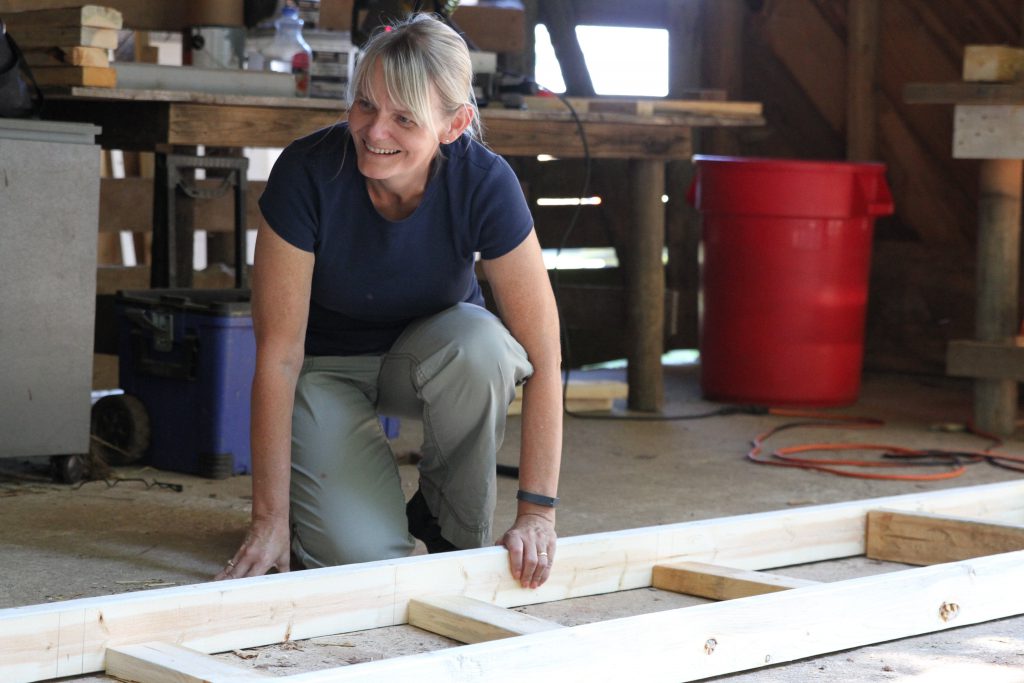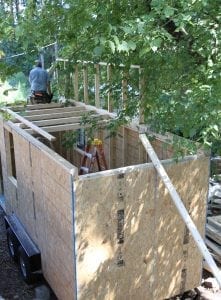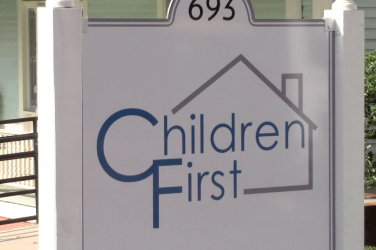
The tiny home movement is gaining traction in Athens and beyond as people realize they would rather invest their time and money on life experiences instead of a house.
“We are killing ourselves at jobs we don’t like to afford a lifestyle we don’t realize we don’t need,” said Will Johnston, founder of Tiny House Atlanta, an organization that has grown to more than 800 members in just one year.
Johnston previously worked in corporate America. He had a good job and a nice condo, but always had the feeling that something wasn’t right. Johnston became so dissatisfied that he quit his job to backpack in New Zealand for several months. Upon his return, Johnston started Tiny House Atlanta and has been advocating for micro homes ever since.
“I just kept appreciating the minimalistic life I had,” said Johnston of his travels. “I didn’t need that much to be happy.”
He is not alone in this sense. “I like going out and doing stuff, so I feel like the tiny home mentality favors a lifestyle of experience rather than stuff,” said Paul Prather, a young professional in Athens.

Prather lives in a 305-square foot apartment in Athens that was originally an office. He built a loft bed in the apartment with a staircase leading up to the bed that also serves as a bookshelf and pantry.
“I often find myself in the morning sitting on a step with my laptop and a bowl of cereal or eggs on top of the bookshelf,” said Prather. “I’ve always liked things that have multiple functionalities.”
Advocates say that the tiny home movement resonates with people because it allows them to have more time, more money and a smaller carbon footprint. Tiny homes are particularly appealing to millennials and seniors. Young people like Prather and graduates carrying student loans are drawn to inexpensive housing that does not add significantly to their debt burdens.
“In the fallout of the foreclosure crisis, the idea of building something within your means and that you own outright is very popular with people,” said Dr. Kim Skobba, a professor in the college of family and consumer sciences at the University of Georgia.
Skobba teaches a “little house” course with David Berle, a professor of horticulture, and construction expert David Wright. Their 13 students learn about sustainable design in the classroom, and then go outside and build a tiny house before the semester ends.
The class is structured so that half the students build the tiny house for the first hour while the other half studies green building principles. Then, the groups swap.
“I want students to come away with an appreciation of what you can accomplish with a smaller home and understand that we don’t need to live in a giant house to have a comfortable space,” said Skobba.
Over the last 40 years, the size of an average home has grown from 1,660 square feet in 1973 to 2,700 square feet today, according to report by the American Enterprise Institute.
People who want to counter this trend will confront barriers. Building codes and zoning restrictions make tiny homes illegal in most of Georgia. Cultural and marketing forces also push people to live in bigger and bigger houses, it won’t be easy to find a legal building site for a tiny home or a bank that will write a construction loan.
“Banks aren’t really sure what to make of this movement,” said Johnston.
Critics say that banks are uncertain about a tiny home’s retail value and can’t figure out whether its sale will be more like a real estate purchase or a car deal. Loan officers also worry that tiny homes may not be built to code, because so many tiny house enthusiasts have a do-it-yourself mentality. This raises their concerns about retail value and loan profitability.
Despite all these obstacles, the tiny home movement is gaining ground. The Atlanta City Council is studying the feasibility of micro home construction, and advocates say that this could open the door to affordable housing options.
“I think it’s really encouraging that they’re pursuing the idea because typically affordable housing in any form is a hard sell and zoning is one way that communities shut out affordable housing,” said Skobba.
Tiny homes resonate with those looking to embrace a minimalist lifestyle, but some say there is much more to be done for efficient housing and sustainable living.
Johnston said, “The tiny house movement is just the tip of the iceberg of the bigger conversation we need to be having within our nation.”
By: Erin Geoffroy







